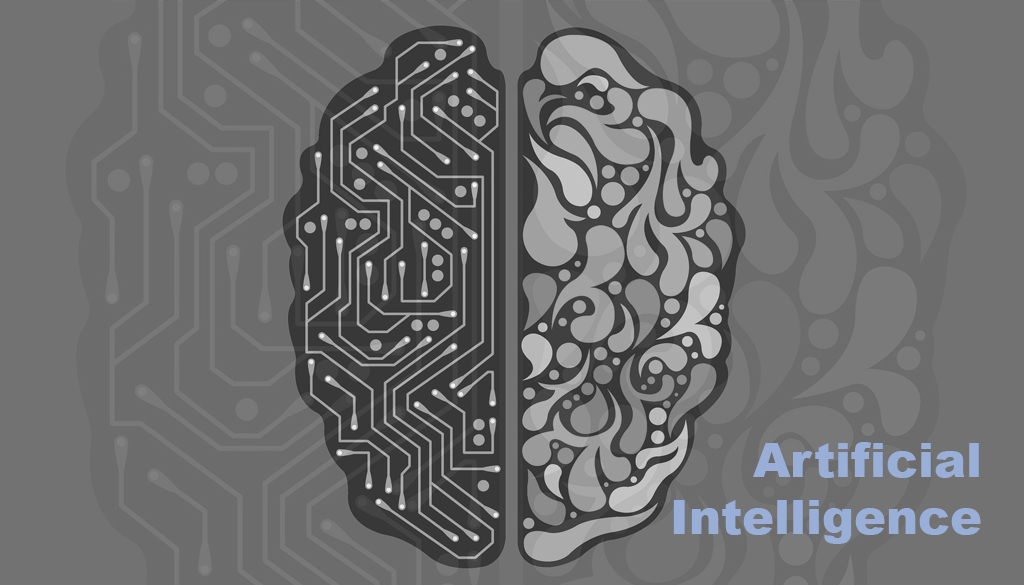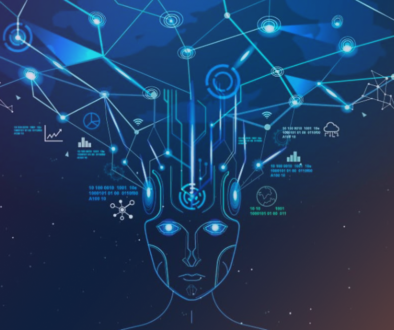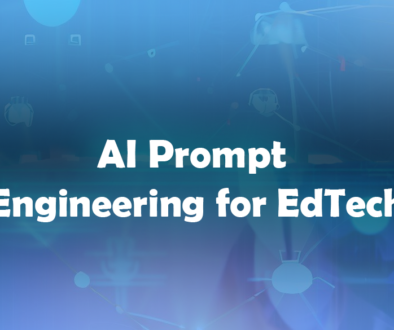Artificial Intelligence
After completing a class on Artificial Intelligence I learned that many universities use the same textbook and many of the examples from this book are used in lectures about Artificial Intelligence. It is a great resource! The Coursera class uses the same examples as well as my Georgia Tech Class. I am sure many AI classes use the same examples. That can be very helpful when discussing AI with other people, as you have a common ground.
Artificial Intelligence: A Modern Approach Textbook
Here is the link to the textbook site, as well as a link to the code from the book. The link has repositories for implementations of the AI algorithms in Python, Java and many other languages.
Textbook: Artificial Intelligence: A Modern Approach (http://aima.cs.berkeley.edu/)
Code from the book: https://github.com/aimacode
Artificial Intelligence Topics
- Problem Solving
- Search (Basic search algorithms. BFS, DFS)
- Informed Search (A*, Greedy, Hill-climbing)
- Constraint Satisfaction (CSP, Backtracking)
- Adversarial Search (Games, Minimax, AB Pruning)
- Knowlege and reasoning
- Logical Agents (KBAI, Reasoning, Propositional Logic Agents)
- Inference in First-Order Logic (Forward chaining, backward chaining)
- Knowledge Representation
- Planning
- Planning (States, State-space search, Partial order planning, planning graphs)
- Planning in the real world (Nondeterministic Domains, Conditional Planning, Continous Planning)
- Uncertain knowledge and reasoning
- Uncertainty (Probability, Joint distributions, Independence, Bayes’ Rule)
- Probabilistic Reasoning (Bayesian Networks, Conditional Distributions, Inference in Bays networks)
- Probabilistic Reasoning over Time (Temporal models, Hidden Markov Models (HMMs), Kalman Filters, Dynamic Bayesian Networks (DBNs)
- Decision Making (UtilitytTheory, Utility functions, Decision Networks, Game theory)
- Learning
- Learning from Observations (Inductive Learning, Learning Decision Trees, Ensemble Learning)
- Knowledge in Learning (Explanation-Based Learning)
- Statistical Learning Methods (Naive Bayes models, Learning from BN, HMMs, Neural Networks)
- Reinforcement Learning (Passive and active reinforcement learning)
- Communicating, perceiving and acting
- Perception (Image processing, 3D information, Motion, Object recognition)
- Robotics (Sensors, Effectors, Localization, Mapping, Planning, Moving)
Even the cover of the book is interesting!



